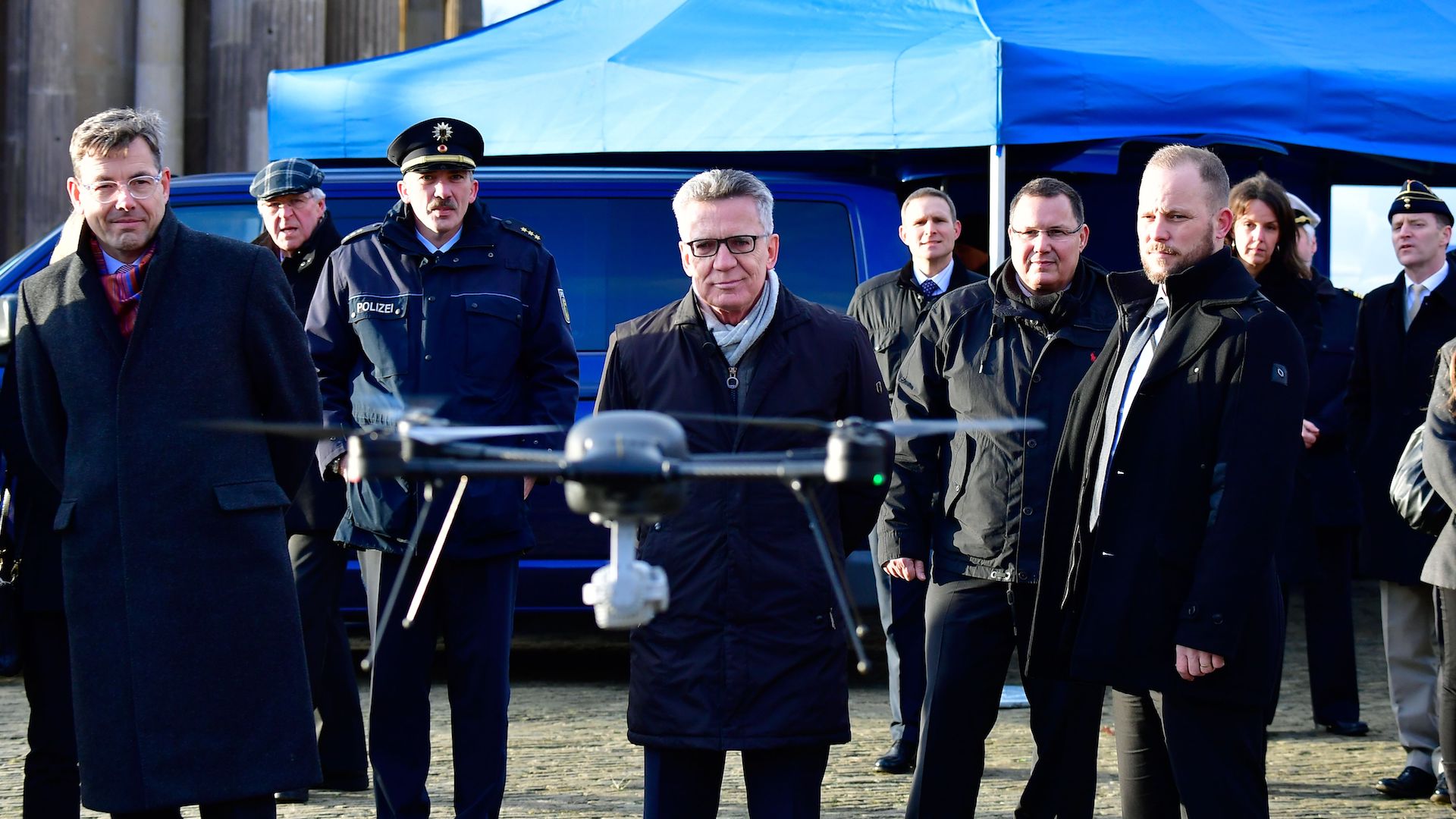

As near misses between drones and commercial aircraft have come to a record high in the U.K., and airline officials in New Zealand are calling for harsher penalties in that regard, Germany has seen fewer incidents in 2017 than originally expected given the increased popularity and affordability of UAVs.
According to Reuters, while incidents involving UAVs and commercial aircraft did indeed increase last year, German officials are surprised to note the initial estimates were significantly off, in the favor safety and security, according to air traffic authorities on Wednesday. One day prior, a U.N.-led global registry for drones was endorsed by aviation industry leaders and airlines alike in the wake of the world’s total increase in near misses.
The Deutsche Flugsicherung, essentially Germany’s Federal Aviation Administration, reportedly claimed near misses involving UAVs and commercial aircraft rose from 66 in 2016 to 88 in 2017, which was a substantially smaller increase than previously expected. As for 2018, the number currently stands at 14 incidents.
“Until July, we had a very strong growth rate of incidents, so we originally thought that the 66 incidents from 2016 would be doubled, but they didn’t,” said Klaus-Dieter Scheurle, DFS Chief Executive. He also said that the educational efforts on behalf of the DFS attempting to familiarize the public with the risks of flying drones near commercial craft was responsible for the smaller-than-expected increase in near misses. A free app provided by the DFS, which has reportedly seen 35,000 active users since July, and certainly hasn’t hurt the effort to keep Germany’s skies safe.
Last year, Germany implemented a drone registry requiring names and addresses to be tied to consumer drones, with customers eager to operate drones heavier than 2 kilograms needing a DFS certificate, or one issued by an appropriate aviation sport club. As Reuters reports, while residents of the country have been using unmanned aerial vehicles recreationally, Germany has also put them to practical use in industries such as agriculture, inspection of wind turbines, and the entertainment industry.
There were more than 350,000 new drones purchased in Germany last year, with that number reportedly estimated to reach 400,000 in 2018. Hopefully, the rate of potential accidents maintains at healthy, stable level, and begins to drop as citizens of the world use drones as responsibly as they take out the garbage.